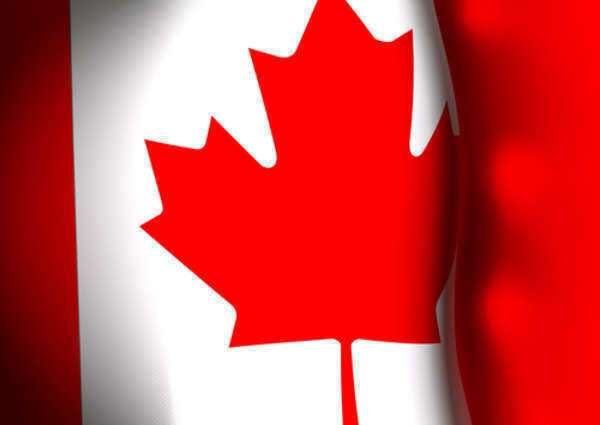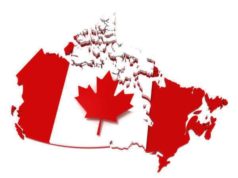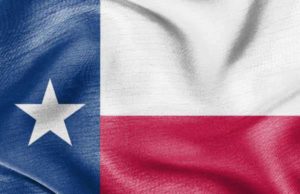 Canada unemployment concerns are very similar to the issues encountered by their out of work American neighbors to their south.
Canada unemployment concerns are very similar to the issues encountered by their out of work American neighbors to their south.
In Canada, unemployment benefits are known as Employment Insurance, after being known as Unemployment Insurance until 1996, when it was renamed to address perceived negative connotations. Unlike in America, however, Canada unemployment programs are funded by premiums taken out of Canadian paychecks, premiums that can only be accessed in the event a Canadian worker finds himself or herself out of work and has to submit jobless claims. These premiums are matched by an employer contribution of 1.4 times the value of the employee premium. Since 1990, the Canadian government has not matched these either of these sources of contributions.
More than half of the jobless claims are filed by out of work individuals in Ontario and the Western provinces. Employment Insurance is especially important in the Atlantic Provinces which have the highest rates of Canada unemployment. In these Atlantic Provinces the Canada unemployment program is especially important due to the seasonal nature of many of the industries, such as fishing, forestry, or tourism. Accordingly, Canada Unemployment laws have been written to allow fishermen, for example, to successfully submit jobless claims while they are out of work.
The duration of jobless claims are affected by a person’s previous salary, how long they were working for before submitting the jobless claims, and the number of individuals out of work in their area.





























